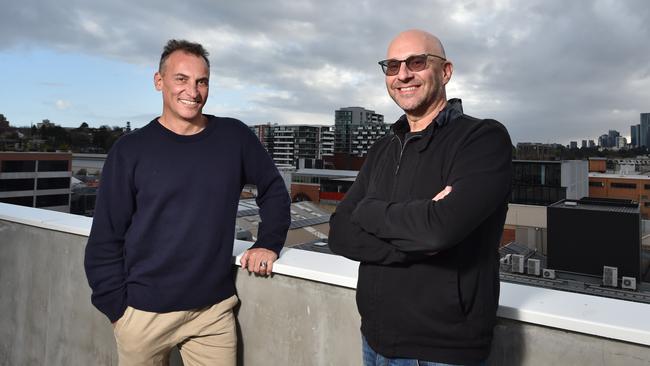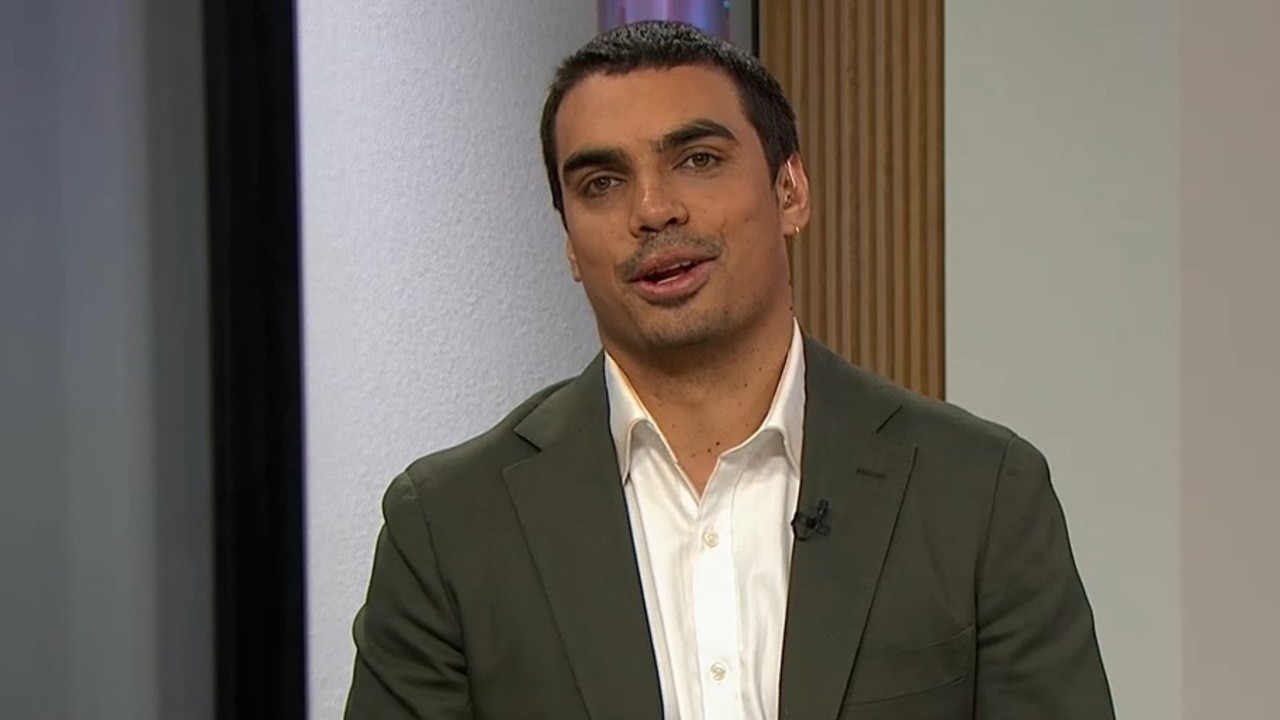Southern Cross Austereo takeover deal is pie in the sky – for now
The complexity of the bids being considered for Southern Cross Austereo speaks to the difficulty of navigating Australia’s anachronistic media ownership laws.

Any deal to buy out and potentially split up Southern Cross Austereo won’t get across the line for months yet, with the company’s crowded share register, regulatory issues and the divergent desires of various stakeholders making it akin to unscrambling an egg, sources close to the talks say.
News broke again last week that Australian Community Media, headed by Antony Catalano and backed by billionaire Alex Waislitz, were talking to ARN Media about a possible joint bid for regional television broadcaster and Triple M radio station owner Southern Cross.
It’s a well worn path for Southern Cross, which engaged with ARN and Anchorage Capital on a possible deal last October, with that process falling apart in May after Anchorage reviewed regional TV markets and subsequently told Southern Cross it didn’t like what it saw.
ARN pushed on with its own separate proposal, seeking to acquire certain radio assets and combine some digital audio assets, in a deal which would have created metro radio networks across the mainland capitals anchored by the KIIS and Triple M brands, plus an expanded regional radio network.
Southern Cross rejected the revised offer within two days, and also the next month told its shareholders it had rebuffed a bid put to it in May by Mr Catalano’s ACM for Southern Cross to acquire a portfolio of ACM’s key print and digital news assets, as well as its agriculture division, in exchange for Mr Catalano’s company boosting its stake in Southern Cross from around 15 per cent to 30 per cent.
This deal could have generated tens of millions of dollars worth of synergies, and in effect, turned Southern Cross from prey to predator, with a much healthier cash flow profile
The complexity of the bids being considered speaks to the difficulty of navigating Australia’s anachronistic media ownership laws, which seek to prevent takeovers that would reduce the number of voices in a market.
The reduction in competition the legislation hopes to avoid, critics argue, is being delivered already by the challenging competitive landscape in the advertising sector; it was also drafted when digital media including social media did not exist.
On the flip side, the argument goes, a bulked-up media company, or companies, which could emerge from the new talks that have kicked off over the past week or so, would have the reach necessary to monetise other assets in the stable, much as their respective owners at the time used legacy assets to springboard REA Group and Carsales into multi-billion dollar businesses.
A major hurdle to overcome in any deal for Southern Cross is the fact that half of its share register is tied up with a handful of stakeholders, with Mr Catalano and Mr Waislitz holding about 15 per cent, ARN about the same, and fund managers another 20 per cent or so.
Aligning the interests of all of these parties in a deal that would need to involve a complex carve-up of assets is a high bar to overcome.
A comparison of the fortunes of Southern Cross now, and back in 2010, paints a stark picture of how difficult the free-to-air television and radio business has become. Basking in the glow of a post-GFC recovery 14 years ago, Royal Bank of Scotland rated the company a buy and said it was good value at an enterprise value to earnings ratio of 6.8. The stock had returned 67.5 per cent over the previous year.
Macquarie is currently valuing the company at 61c – on a 4 times multiple and virtually exactly what the share price is now – and says the company will likely deliver just $8.1m in net profit for the full year, falling to $5m for in 2025. “We expect the result to disappoint consensus estimates which are providing an unusual amount of benefit for cost management (cost out),’’ Macquarie analysts say.
Southern Cross has delivered an annual total shareholder return of negative 19.7 per cent over the past decade and negative 18.8 per cent over the past year.
That’s not to say that money can’t be made in the sector.
ACM is understood to be equally as profitable as it was when Mr Catalano and Mr Waislitz bought it from Nine Entertainment in 2019 for $125m, and they have paid themselves handsome dividends along the way.
And the company’s agriculture division, including titles such as Stock Journal, Farm Weekly and AgTrader, is understood to be a healthy business in its own right and one that might warrant a separate spin off at some point.
Meanwhile, any progress on the mooted deal for Southern Cross appears to be some way off for now.




